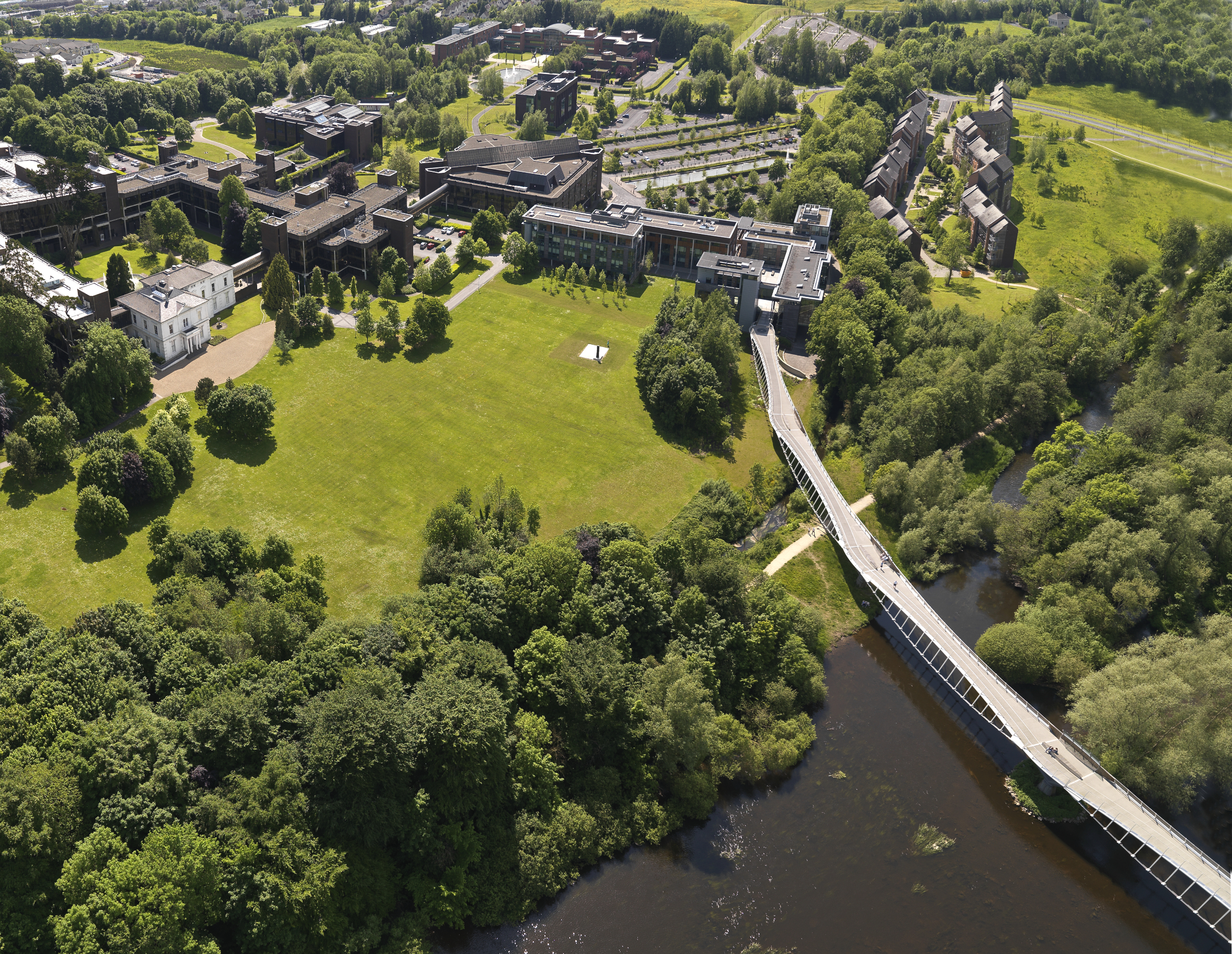By Cian O’ Broin.
We live in an age of richly sourced information.
There has never been a time quite like it.
Technology and mass media have helped create a collective conscience that understands the vitality of progress and preservation.
All around the world people are waking up to the fact that passivity is no longer an option.
Last week, thousands of students took to the streets of Dublin to express their angst and concern for climate change.
This is an international movement concerned with action. On the micro level, universities are the subsidiaries of change.
Innovation is incepted in these institutions and flows downstream where it feeds into the collective conscience.
University of Limerick understands this.
Recent undertakings have resulted in a smoke-free campus and the introduction of ungendered bathroom facilities.
The next step is a plastic free campus.
The movement starts here.
I spoke with Kate McMahon of the Environmental Society here in U.L on the issue.

The Statistics:
The colour green is synonymous with the Ireland.
Unfortunately, statistics relating to worldwide plastic pollution say otherwise.
Irelands is amongst the highest countries in plastic waste generation per person.
In Europe, Ireland sits on the bottom rung with a measly 30% recycling rate for packaged waste.
These figures are certainly disheartening.
Identifying as both neutral and liberal, we are not even close to earning our stripes.
Secretary Kate Mc Mahon spoke about the environmental society’s blueprint for a plastic free campus, with the “development of a plan to increase recycling bins (one for every general waste bin) which is now being rolled out across campus building by building.” The University appears to be implementing this strategy in baby steps and informing the student body about the correct usage of these plastic deposits could go a long way.
Kate detailed the society’s work regarding the installation of water fountains on campus, saying “The SU are the ones who finally succeeded (even though it’s also still an ongoing process), but we started the lobbying process for the new water fountains back two years+ ago.”
“We did this at the same time we built our UL bottle collecting structure as a plastics campaign. We put it through green campus, and then the SU made the final push!.” she recalls.
A fusion of different organisations within the university is essential for change to occur. Getting at the route of the problem Kate identified the major causes of plastic pollution on campus, “definitely food and drink. Plastic water bottles are a huge contributor, takeaway containers, takeaway coffee cup tops, etc.”.

Drawing Inspiration:
Looking elsewhere, there have been some schemes executed in Irish universities and further afield that we can squeeze a bit of positive motivation from. U.C.C for example, have successfully oriented a plastic-free café.
The dispensing of cheap, reusable coffee cups is something the University of Limerick could look at. Take the ever-innovative Germans as a second example. A forward thinking, highly progressive society not afraid to use complex technology in order to further their position. In every supermarket, you are greeted with a line of automated plastic bottle collection machines. Each bottle rewarding the customer with a voucher for twenty-five cents.

There is no stigma attached to showing up with ten bags full of plastic bottles. It is a practice which belongs to all classes of society and not only to the homeless or less fortunate.
Perhaps some sort of similar collect and reward scheme here on campus.
For every ten bottles you return, you receive a one-euro voucher which can be cashed in anywhere on campus.
Whether it’s Spar, the Stables or the Library café. The choice is yours.
These are the type of bold strategies that win wars.
And we are certainly at war.
The Way Forward:
When questioned on what it would take to achieve a plastic-free campus, Kate replied, “Companies like Aramark would have to get on board and this would need to happen through pressure since the university can’t force them to do anything that wasn’t in their original contract.”
The Environmental Society sees this as fundamental to effect change. Stepping outside the political spectrum Kate spoke about the choices that students make, “Students have the power to change things through our purchasing choices! If we decide to take charge and reduce our single-use plastic purchases, buy reusable bottles, say no to styrofoam, etc. we can make a huge difference ourselves!”
One first-year international business student with a keen interest in sustainability mentioned the possibility of introducing boxed water on campus.
The introduction of recyclable boxed water could save the day.
Another alternative is the company ‘CanO Water’, perhaps the university could approach this recyclable option and ban plastic water bottles on campus altogether.
Finally, business student Caoimhe Ryan shed some light on a company called ‘Skipping Rocks’ which offer an edible seaweed exterior to their water supply. “Something along these lines would eliminate the issue of waste disposal once and for all” was her final delegation.
To conclude, a plastic-free campus is our imminent future here at the University of Limerick.
Only which path will bring us closer to our ultimate goal. We as the students are burdened with this responsibility and must act accordingly.
Tell us what you think. How do you recommend taking the fight to plastic on campus? We would love to hear.
![]()


